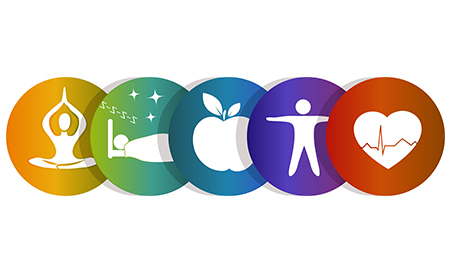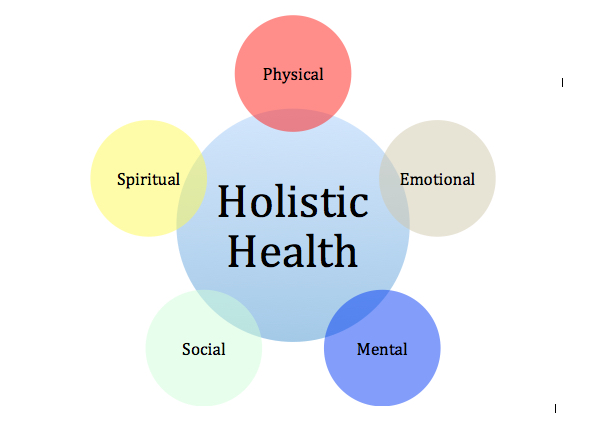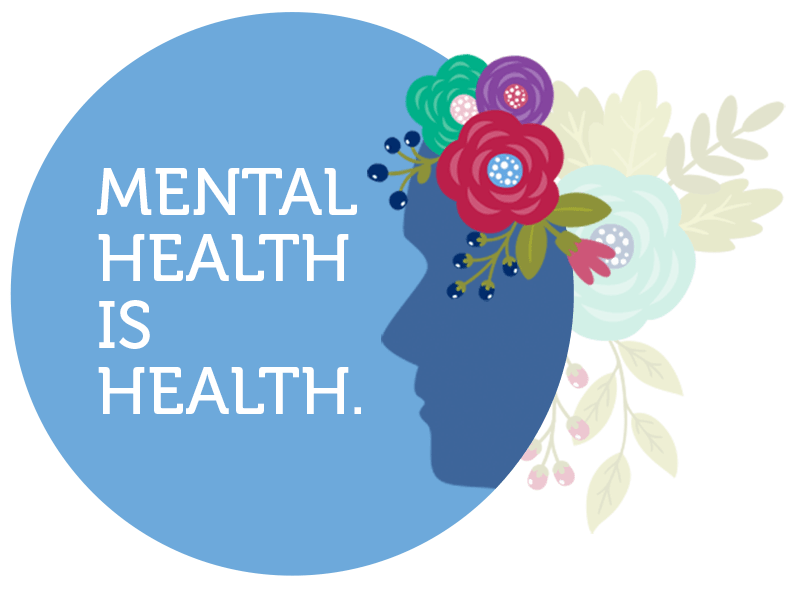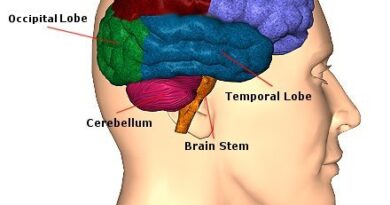What is Health ?
Health
In 1948, the World Health Organization (WHO) defined health with a phrase that modern authorities still apply. “Health is a state of complete physical, mental and social well-being and not merely the absence of disease or informity“. No person enjoys health all the time. However, we call a person healthy if he or she enjoys good health most of the time.

In 1986, the WHO made further clarifications: “A resource for everyday life, not the objective of living. Health is a positive concept emphasizing social and personal resources, as well as physical capacities.” This means that health is a resource to support an individual’s function in wider society, rather than an end in itself. A healthful lifestyle provides the means to lead a full life with meaning and purpose.
What are Dimensions / Types of health ?
Mental and physical health are probably the two most frequently discussed types of health. Spiritual, emotional, and financial health also contribute to overall health. Medical experts have linked these to lower stress levels and improved mental and physical well-being. People with better financial health, for example, may worry less about finances and have the means to buy fresh food more regularly. Those with good spiritual health may feel a sense of calm and purpose that fuels good mental health.

Physical Health
A person is physically healthy if he/she looks alert, is responsive, energetic and vigorous. This is not only due not only to an absence of disease. Regular exercise, balanced nutrition, and adequate rest all contribute to good health. People receive medical treatment to maintain the balance, when necessary. Physical health can be measured.
Physical well-being involves pursuing a healthful lifestyle to decrease the risk of disease. Maintaining physical fitness, for example, can protect and develop the endurance of a person’s breathing and heart function, muscular strength, flexibility, and body composition.

Looking after physical health and well-being also involves reducing the risk of an injury or health issue, such as:
- minimizing hazards in the workplace
- using contraception when having sex
- practicing effective hygiene
- avoiding the use of tobacco, alcohol, or illegal drugs
- taking the recommended vaccines for a specific condition or country when traveling
Good physical health can work in tandem with mental health to improve a person’s overall quality of life. For example, mental illness, such as depression, may increase the risk of drug use disorders. This can go on to adversely affect physical health.
Mental Health
Mental health refers to a person’s emotional, social, and psychological well-being. It implies freedom from internal conflicts, no consistent tendency to condemn or pity oneself, a good capacity to adjust to situations and people, sensitivity to the emotional needs of others, capacity to deal with other individuals with consideration and courtesy and good control over one’s own emotions without constantly giving into strong feelings of fear, jealously, anger or guilt. Mental health is as important as physical health as part of a full, active lifestyle.

Good mental health is not only categorized by the absence of depression, anxiety, or another disorder. It also depends on a person’s ability to:
- enjoy life
- bounce back after difficult experiences and adapt to adversity
- balance different elements of life, such as family and finances
- feel safe and secure
- achieve their full potential
Physical and mental health have strong connections. For example, if a chronic illness affects a person’s ability to complete their regular tasks, it may lead to depression and stress. These feelings could be due to financial problems or mobility issues.
A mental illness, such as depression can affect body weight and overall function.
It is important to approach “health” as a whole, rather than as a series of separate factors. All types of health are linked, and people should aim for overall well-being and balance as the keys to good health.
Social Health
An individual who recognizes his/her obligations towards other members of society and is able to relate to other people around him/her can be described as socially healthy. It is impossible to realise the goal of social health if mental health has not been achieved. Similarly, a person who doesn’t enjoy physical health would find it difficult to achieve social health. It sets the aim and purpose of life in understanding beliefs, morals and ethics. According to the National Wellness Institute, one should respect, tolerate others’ opinions, and live with values that remain with oneself while being true to yourself. Religious faith principles also affect spirituality, and the inner calm to survive and thrive in every situation of predicament should remain consistent. For instance, one should meditate, spend their time in nature, walk and cycle for a particular period.

Spiritual Health
The concept of doing good and of not harming others; of believing in the basic forces of goodness and justice whether or not those are worshiped as god; of recognising the needs of others and trying to fulfill them; of commitment, duty and obligation, these are all characteristics of a spiritually well person.

It sets the aim and purpose of life in understanding beliefs, morals and ethics. According to the National Wellness Institute, one should respect, tolerate others’ opinions, and live with values that remain with oneself while being true to yourself. Religious faith principles also affect spirituality, and the inner calm to survive and thrive in every situation of predicament should remain consistent. For instance, one should meditate, spend their time in nature, walk and cycle for a particular period.




